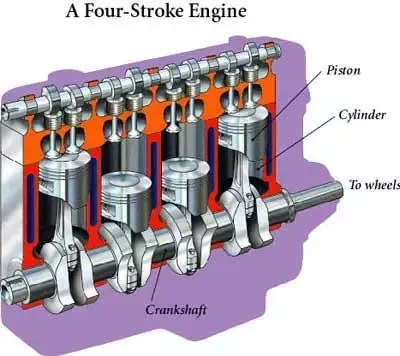Can Car Engine Lubricants Help Improve Fuel Economy?
Introduction
Car engine lubricants, also known as motor oils, play a vital role in maintaining the performance and lifespan of an engine. They reduce friction between moving parts, cool the engine, and protect it from wear and tear. But can car engine lubricants also help improve fuel economy?
How Car Engine Lubricants Affect Fuel Economy
There are a few ways that car engine lubricants can affect fuel economy:
- Reduced friction: Lubricants help reduce friction between moving parts in the engine, which can improve fuel economy by reducing the amount of energy needed to overcome this friction.
- Improved cooling: Lubricants help cool the engine by absorbing heat and carrying it away from critical components. This can improve fuel economy by reducing the amount of energy needed to cool the engine.
- Reduced wear and tear: Lubricants help protect engine components from wear and tear. This can improve fuel economy by preventing damage that could lead to increased friction or reduced engine efficiency.
Types of Car Engine Lubricants
There are different types of car engine lubricants available, each with its own unique properties and benefits. Some of the most common types include:
- Conventional oils: Conventional oils are made from refined petroleum and contain additives to improve their performance. They are the most affordable type of oil, but they may not provide the same level of protection or fuel economy benefits as synthetic oils.
- Synthetic oils: Synthetic oils are made from chemically engineered molecules and contain additives to improve their performance. They are more expensive than conventional oils, but they offer better protection against wear and tear and can provide better fuel economy.
- Semi-synthetic oils: Semi-synthetic oils are a blend of conventional and synthetic oils. They offer a compromise between the cost and performance of conventional and synthetic oils.
Choosing the Right Car Engine Lubricant
The type of car engine lubricant you choose will depend on a number of factors, including the age and type of your vehicle, your driving habits, and the climate in which you live. It’s important to consult your vehicle’s owner’s manual or a qualified mechanic to determine the best type of oil for your car.
Conclusion
Car engine lubricants can help improve fuel economy by reducing friction, improving cooling, and reducing wear and tear. By choosing the right type of oil for your car, you can help extend the life of your engine and save money on fuel.





